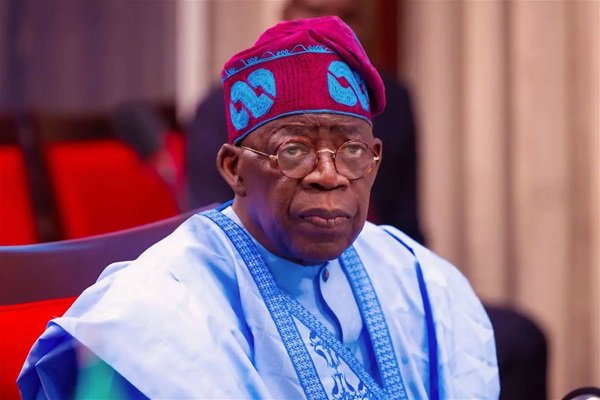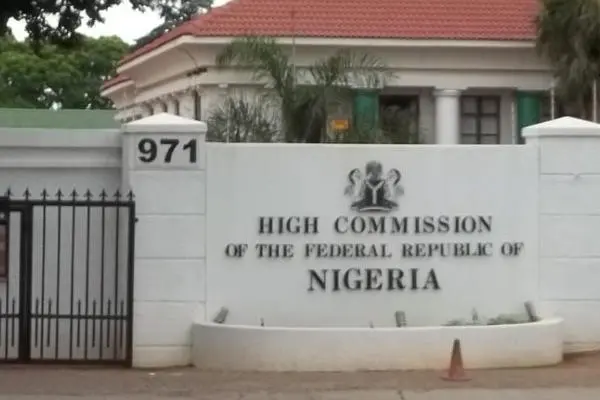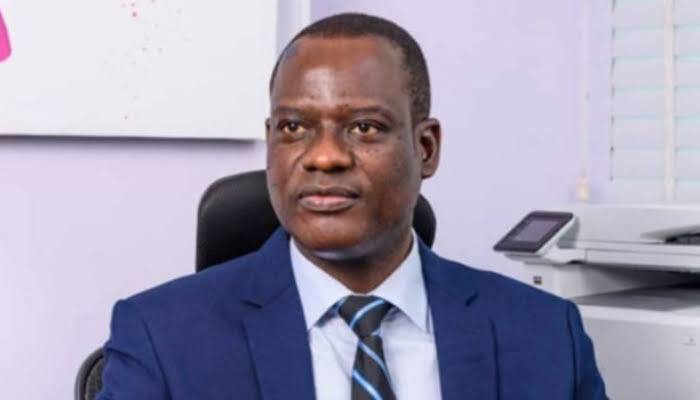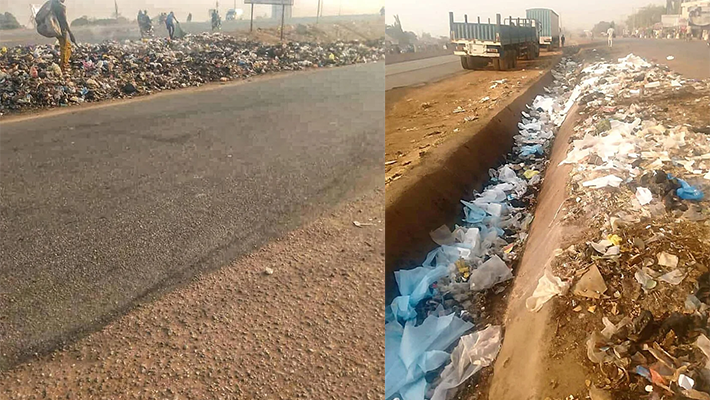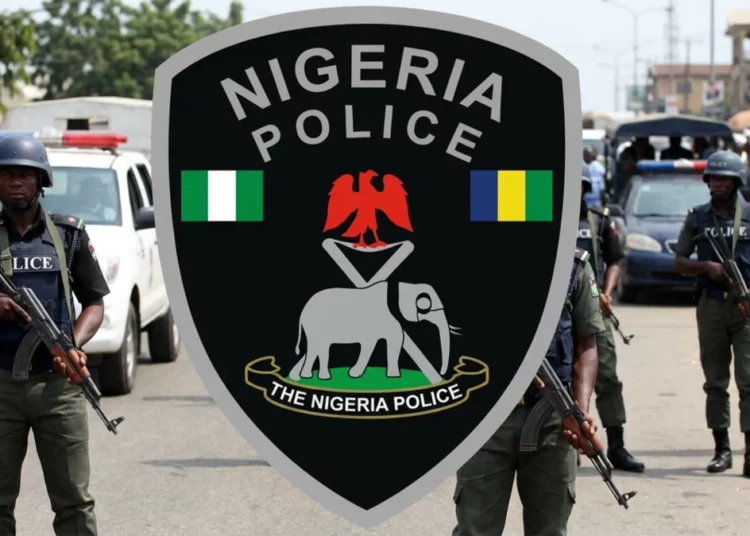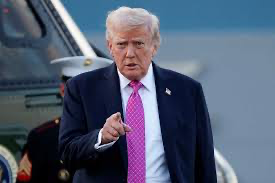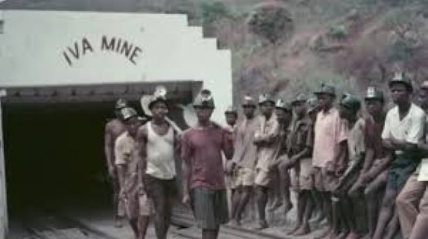By Olatunji Dare
The day they said would never come passed, and the event they said would never take place was staged in a grand style. On May 29, 2023, Bola Ahmed Tinubu was inaugurated as Nigeria’s 16th President.
They said he was too old, physically depleted from life on the miliki lane, bereft of mental energy, and too far gone in cognitive decline to be trusted with any public office, let alone that of President of Nigeria, home of every fourth African, the world’s largest Black nation, and a global power-in-waiting.
They said he had to be sandwiched between trusted stalwarts at public events to keep him from tumbling over, or to catch him as he fell. These aides had the additional task of folding the capacious sleeves of his agbada over his shoulders, lest they tripped him. He could not be trusted to do the flipping himself because he did not have enough muscle power to lift his arms.
Tinubu was not, as the counter-social media and its denizens had predicted, seized as he arrived at the parade ground in Abuja and whisked to prison to await the grim fate reserved for grand impostors, and replaced immediately at the seat of honour by Peter Obi, to whom it belonged by right, serenaded by the triumphal chants of the Obedients.
He did not collapse halfway through the ceremony, as had been bruited by those who wagered that the no amount of steroids pumped into his bloodstream from vials sewn into the sleeve of his buba could keep him on his feet for more than one hour.
Even at his best, you could never accuse him of crisp delivery. Given his consuming stupor, expect a performance that it would be courteous to call Jabberwocky – in the unlikely event of the day’s schedule getting that far that stage.
Just about the only thing that Nigerians agreed on in the run-up to the General Election was that it was going to be the “most consequential” in the nation’s history. Just how consequential it would be, they had not the slightest inkling.
In the event, many a rampart fell; verities that had endured for ages collapsed, and the political map of Nigeria took on a new shape.
For political advantage, desperate actors invested sectarian religion and ethnicity with far greater salience than they had ever possessed, corroding both factors in the process and setting up the country for an implosion.
Never had the country been so divided, in the home and in the workplace. Civility became a stranger, and yesterday’s neighbour became an object of suspicion, if not loathing. A return to anything resembling amity was unlikely to occur anytime soon, I feared.
Resentments hardened and deepened, and everyday language coarsened in private and public intercourse. It was a far cry from the carnival atmosphere that had characterized the election season, especially from the party conventions to the post-election jubilations of those who had cause to celebrate.
And what a jolly time it was, and how rich its sartorial heritage, not forgetting its symbols. Even in the present distemper, I can still see much of it with my mind’s eye. I can still see the blizzard of brooms fashioned from palm fronds, held aloft by the APC party faithful, their ends dipping and cresting and swaying as their handlers desired – handlers who, at the end of another long, tumultuous rally, showed nary a sign of fatigue nor a loss of enthusiasm.
It was not inconceivable that an object designed to symbolize the party’s commitment to sweeping the dirt-strewn landscape clean could in a moment be turned into a weapon of brutal offence, given the intended or accidental provocations that occurred at such events.
But it never happened. The crowds were too disciplined for that.
The greater surprise was that none of the other 17 registered parties said a kind word about the palm trees whose branches were hacked down for the brooms, nor about the ecology, the sustenance and health of which the trees are a crucial factor.
More surprising still, in retrospect, is that none of them sought a court injunction restraining the APC from hacking down palm tree fronds to knit into brooms just to gratify the party’s iconolatry. None among them invoked national or international environmental law to move the APC to cease and desist.
Three months after he was sworn in, the future of Tinubu’s presidency, no less than the destiny of the Federal Republic of Nigeria, hung precariously on a verdict expected from a federal court in Chicago.
At issue was whether Tinubu had truly earned a degree in Accounting from Chicago State University, as he had indicated in election filings going back to 1999 when he first ran for Governor of Lagos State, or he had been using another person’s identity and credentials to advance his political fortunes, at the expense of candidates who had duly complied with all the rules and regulations.
Since then, the issue has dogged Tinubu like a shadow. And there it was, more menacing than ever, when he made his biggest political move career, declaring that it had been his ambition since childhood to serve as President, and that the time had come.
The verdict: Not proven.
The issue was laid to rest, but there was no respite for the new administration, no honeymoon. Lifting the subsidies on petroleum products without planning for the consequences deepened the distress into which the fraud-ridden currency reform of the former Central Bank governor, Godwin Emefiele, had plunged it.
To this day, the consequences of both measures haunt the waking moments of most Nigerians.
Tinubu’s “Emi lo kan,” or “It is my turn” declaration at a difficult time in his campaign for the APC ticket left no one in any doubt that his resolve was unshakeable, despite dark whispers that he was in poor health and probably terminally ill.
The significance of that locution was lost on most analysts as well as his teeming supporters in the Yoruba country. He did not say Awa lo kan, meaning “It is our turn” but “It is my turn.” He framed his quest not as a group, ethnic or sectarian project, but as a dream he had nursed from childhood.
He was seeking consummation of that dream, not for its own sake, as he had pointed out again and again, but to serve the public; hence the pacts and alliances he had built in his career. He was making it clear that he was running not as a candidate of an ethnic or religious group but as a builder, and unifier.
Those who accuse him of paying scant heed to the Yoruba cause, however it is defined, must understand that he did not run on that platform. They diminish him and subvert his national stature when they measure him, based on the extent to which they think he has upheld or deviated from that platform.
One year later, no one can in good conscience call Tinubu’s a do-nothing administration. If anything, it is doing too many things and pursuing too many goals at the same time. Given the parlous state of the economy and the infrastructure, that approach is understandable. But in the process, the administration is spreading itself too thin, with the risk that results will be distributed in the same manner even where a radical transformation in some key areas is indicated.
In our circumstance, this scatter-shot approach simply will not do.
Going forward, an urgent re-ordering of priorities is imperative. A quantum leap in electricity supply is the one measure that can bring about the quickest and most far-reaching change in the economy and in the quality of life for the vast majority of people.
Give them electricity, and their lives will for the most part no longer be defined by privation. New technologies have made it possible to generate electricity more cheaply and at a faster rate than the obsolescent practices Nigeria’s electricity industries are mired in. The key is to invest in new technologies rather than patching up junk equipment.


